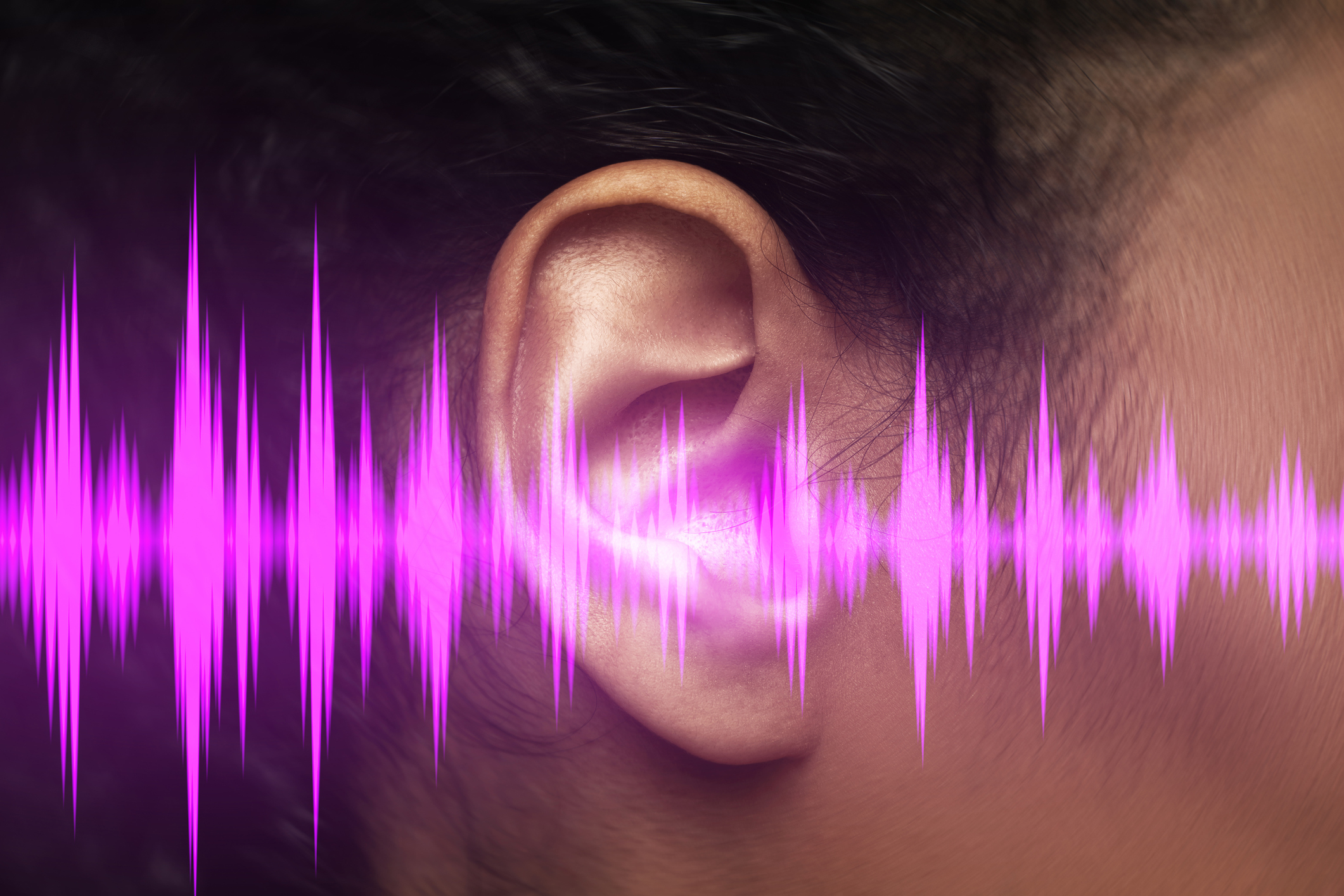In the Age of AI, Who Owns Your Voice? The Cautionary Tales Are Adding Up
May 24, 2024

In the Disneyfied fairy tale The Little Mermaid, the titular character Ariel is swindled out of her voice by the sea witch Ursula. It's only once her voice has been separated from her body that Ariel realizes how vital it is to her personhood.
This week, the Hans Christian Andersen classic has looked like a parable for our times as movie star Scarlett Johansson grappled publicly with the question of who owns her voice and what she can do about it if someone mimics it for commercial gain.
When Johansson declined a request to lend her voice to OpenAI's latest generative AI tool, ChatGPT-4o, company CEO Sam Altman served up another actor who sounded convincingly like her. Altman denied trying to make GPT-4o sound like Johansson. But his denial rang hollow given that on the same day OpenAI unveiled GPT-4o, he posted a one word tweet — "her" — the title of the 2013 sci-fi film in which Johansson voiced the female AI assistant Samantha.
Whatever the case may be, the Johansson situation is a warning to all of us. However closely attached we are to the sound of our own voices, AI has created a world in which this sense of ownership is under threat. Whether we give our voices freely or they're stolen from us, AI can be used to make it sound like we've uttered things we've never said.
Click here to explore this article's original source for more.
